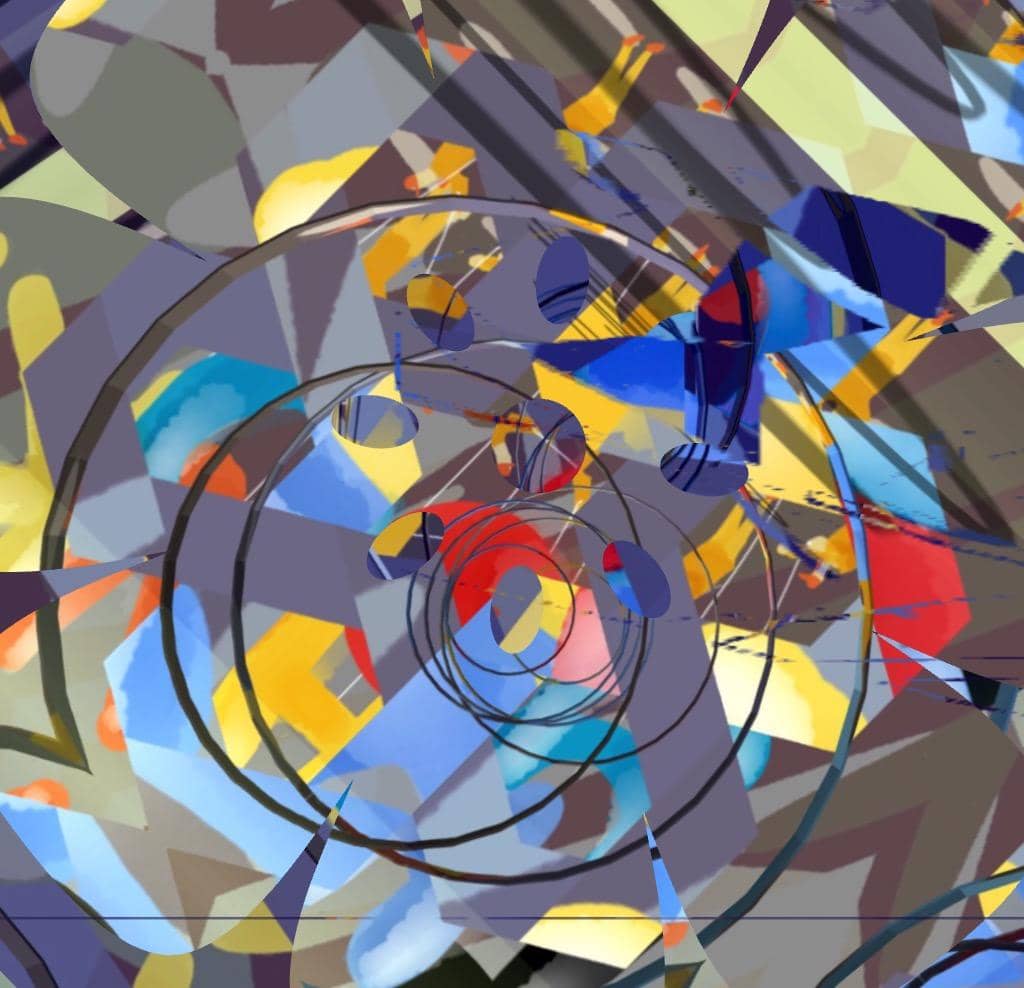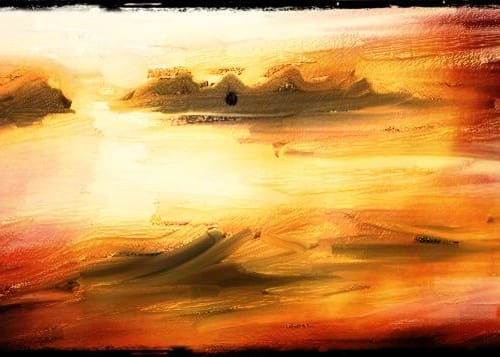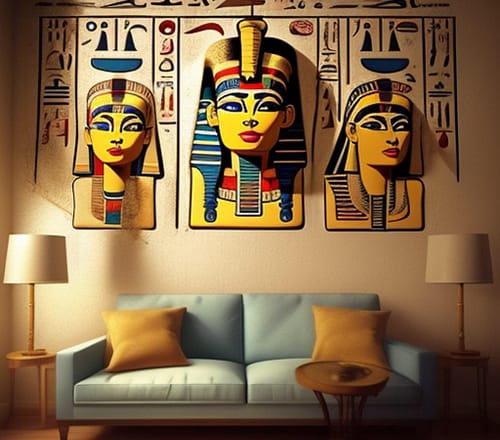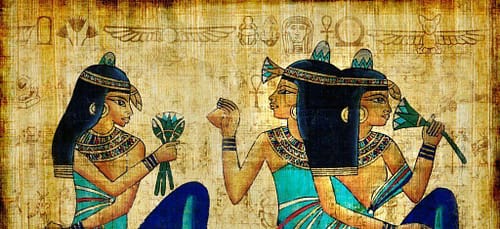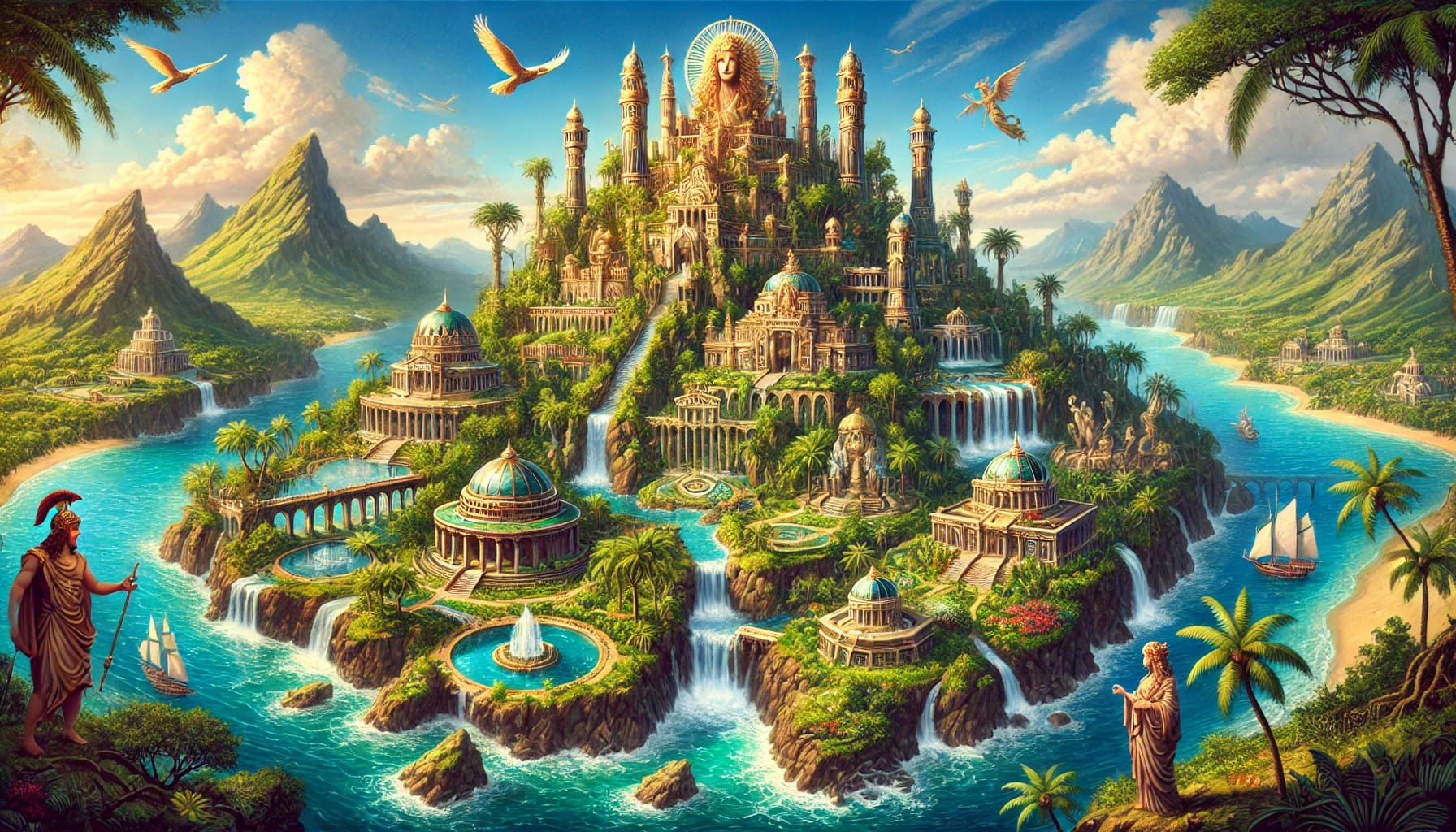
Table of Contents
A Whimsical Exploration
Confronted with the splendor of Egyptian culture, one can only be left in awe, as if struck by an overwhelming force. The ancient civilization of Egypt, with its monumental achievements in architecture, art, and science, stands as a testament to human ingenuity and the mysteries of the past. Yet, amidst the grandeur of Egypt, there lies another story, a tale woven with the threads of legend and speculation—the story of Atlantis.
As you may know, Alexander the Great, often referred to as “the Evil” in certain narratives, dealt a significant blow to the old cultures he encountered, including Egypt. Despite this, a few initiated Greek philosophers managed to inherit fragments of the Old Wisdom and Science from these ancient societies. However, they only received parcels of this vast knowledge, leaving much to be rediscovered.
The tale of Atlantis comes to us through the writings of the Greek philosopher Plato, penned around 300 BC. In his dialogues “Timaeus” and “Critias,” Plato recounts the story told by Solon, an Athenian lawgiver who supposedly heard the tale during his travels in Egypt. According to this narrative, Atlantis was a great island in the Atlantic Ocean, vast enough to rival North Africa and the Near East combined.
Atlantis was ruled by Poseidon, the god of the sea, who built his palace on a mountain at the center of the island. There, he lived with his mortal wife, Cleito, and together they had ten children. Each child inherited a portion of the island to govern, creating a harmonious and prosperous society. Atlantis was described as a paradise where no one had to toil, as the land was abundant with food and animals. Streams of hot and cold water irrigated the island, nurturing its fertile soil.
The culture of Atlantis was glorious, with magnificent palaces and temples, and its kings were rich in gold, silver, and precious metals. It was a golden age, marked by harmony and abundance. However, as the gods intermarried with humans, the Atlanteans grew greedy and began to conquer lands around the Mediterranean. Angered by their hubris, Zeus, the god of heaven, unleashed devastating earthquakes that destroyed the island. In a single day and night, Atlantis sank into the sea, marking the end of a great civilization.
Some archaeologists have suggested that Atlantis might have been the island of Crete, which was partially destroyed by an earthquake. However, nothing matches Plato’s description perfectly. The grandeur of Egypt, with its enduring monuments and cultural wealth, starkly contrasts with the relatively modest remains of the Minoan civilization on Crete. This disparity makes it hard to believe that Crete could have been the fabled Atlantis.
Could a linguistic approach offer any clues? The term “Alta Landis” translates to “Old Land” and could very well be a reference to Atlantis—the land as it was before. This notion finds echoes in other ancient texts, such as the “Bhagavad Gita” and various scriptures, which narrate tales of a glorious land lost to time. Could Atlantis be the Nether, the place where gods once dwelled, or perhaps the earth as it existed before continental drift reshaped our world?
The story of Atlantis continues to captivate our imagination, blending myth and history in a tantalizing mystery. It serves as a reminder of the fragility of civilizations and the enduring allure of the unknown. As we delve into these ancient tales, we are transported to a time of gods and heroes, of lost lands and forgotten wisdom—a time that continues to inspire wonder and curiosity.
Egyptian culture and Atlantis
Confronted with Egyptian culture
One is only back smashed.
As you know, Alexander the Great
(who is also called the Evil)
Punched out the old culture
A few initiated Greek philosophers
inherited the Old Wisdom and Science
But only parcels of it.
The tale of Atlantis
By the Greek philosopher Plato
Written 300 BC
In his works Timaeus and Critias
The Athenian lawgiver Solon
Tells the story of Atlantis heard in Egypt
Atlantis was a great island
In the Atlantic Ocean
Large as North Africa and Near East combined
Ruled by Poseidon (Neptune), the water god
Married to Cleito , their palace was built
On the mountain in the center of his city
They had ten children
and each inherited
a section to rule
Atlantis was a paradise
no one had to work
food and animals were plenty
A stream of hot water
and a stream of cold water
Irrigated the island
Its Culture Glorious
Its Palaces and Temples wonderful
Its Kings rich in gold, silver and precious metals.
It was a golden age
An age of harmony and abundance
For the people of Atlantis
When the gods intermarried with humans
The Atlanteans became greedy
Conquering the lands around the Mediterranean
Angered by their attitude
Zeus, the god of heaven
Destroyed their island with earthquakes
Atlantis sank into the sea
in one day and one night
End of a great civilisation too
Of which it is said Egypt inherited…
Some archaeologists claim
it was the island of Creta
partly destroyed by an earthquake.
Nothing matches the description
When one sees the grandeur of Egypt
and the poverty of the Minoan civilisation,
it is hard to believe this was Atlantis…
Can linguistic approach give a clue ?
Alta Landis means Old Land
And could very well be Atlantis…
The land as it was before…
The story sounds familiar to me
Narrated in the Bhaghavad Ghita
And all the ancient scriptures
Could it be the Nether
The place where the gods lived
Or the earth before the continental drifting…
Quite stomaching…
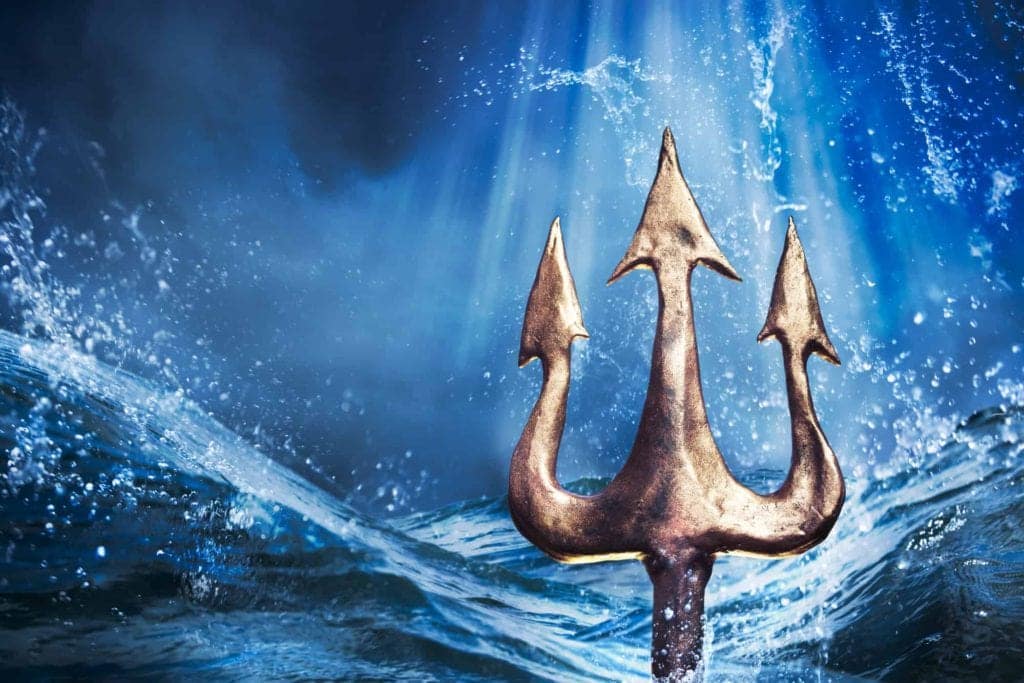
Some books
Maps of the Ancient Sea Kings: Evidence of Advanced Civilization in the Ice Age
Timaeus and Critias (Penguin Classics)
Atlantis: The Antediluvian World: Fully Illustrated
The Ancient Egyptian Culture Revealed
Poseidon: The Origins and History of the Greek God of the Sea
Gadget
BIC Atlantis Original Retractable Ball Pen, Medium Point (1.0 mm), Black, 30-Count
Enjoy the readings! Thanks for shares and comments 👍
Embark on a journey into the realm of affiliate marketing and craft your own website within a vibrant, supportive community. Join me in this adventure, where you can begin as a free starter and stay as long as you desire. Enjoy complimentary hosting and foundational teachings to set you on your path. For those with advanced skills, opportunities to elevate your expertise await. Take a moment to explore and witness the magic for yourself!

